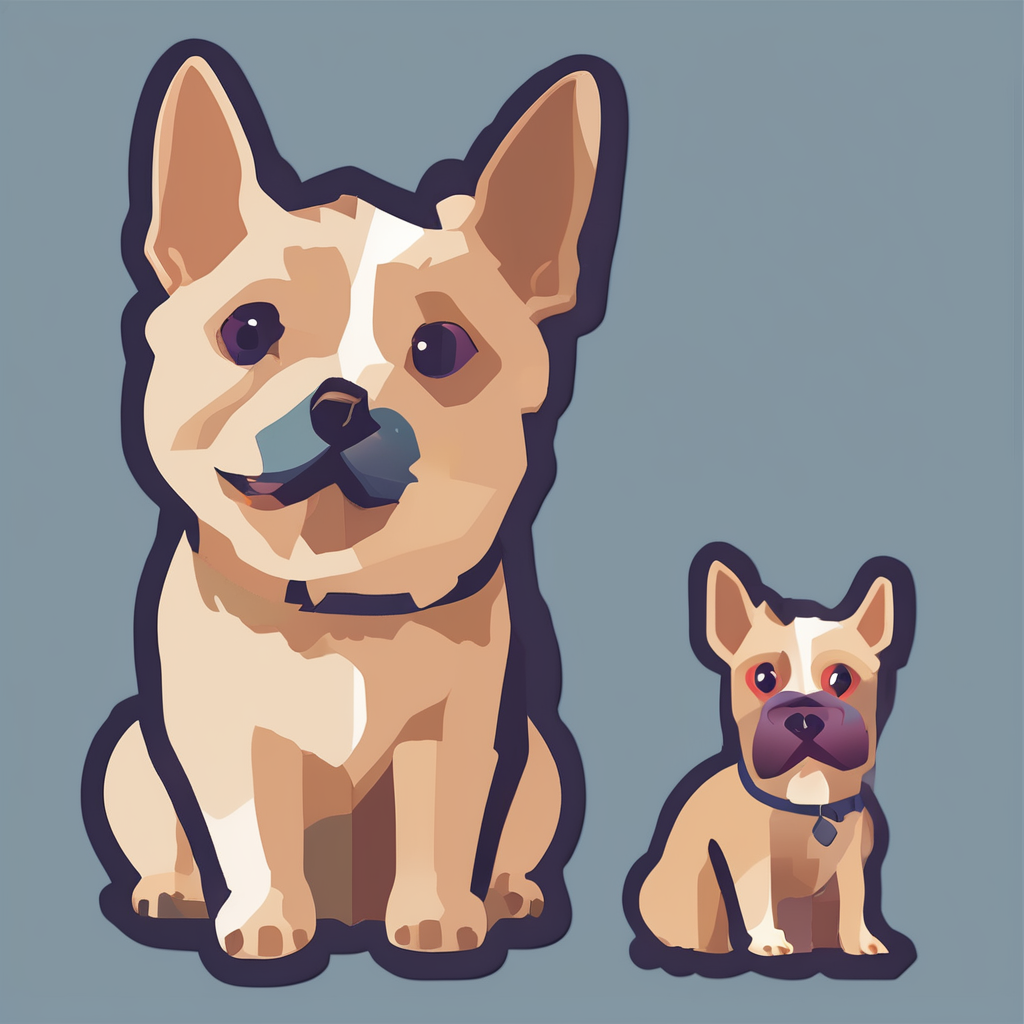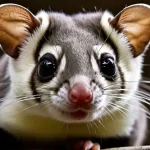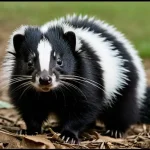Key Reasons Cats Are Ideal Companions for UK Households
Cats are among the most popular pets in the UK because of their low-maintenance care and independent nature. Unlike many other pets, cats require minimal grooming and can entertain themselves for hours, making them perfect for busy households or owners with active lifestyles. Their independent personality means they are happy being alone during the day, reducing the need for constant attention.
Another reason why cats make good pets is their remarkable adaptability to various living spaces. Whether in a spacious countryside home or a compact city flat, cats adjust comfortably. This flexibility suits the diverse lifestyles and housing situations common across the UK.
Also to discover : How Do Cats Contribute to the Ecosystem?
Importantly, cat ownership UK benefits extend to mental and emotional well-being. Interacting with cats has been shown to reduce stress and enhance mood through companionship and calming purring sounds. Many owners report feeling less lonely and more relaxed, highlighting the emotional support cats provide without demanding too much care.
In summary, the benefits of cats as pets—easy care, adaptability, and positive mental health effects—make them ideal companions for countless UK households.
In the same genre : How Can You Care for Your Cat’s Emotional Well-being?
Traits That Make Cats Suitable for British Homes
Discover why cats fit so well into UK households.
Cats are well-suited for British homes largely due to their adaptable cat temperament. Many cats comfortably thrive as indoor cats in the UK, adjusting to smaller environments like flats and terraced houses with ease. Unlike some pets, they require modest space requirements for cats, making them ideal companions where living space may be limited.
British cats typically display quiet behaviour, which results in minimal noise disruptions to neighbours—a key factor in the close-proximity living common in towns and cities. Their low vocalization levels make them peaceful housemates, easing concerns about noise complaints.
Moreover, cats have flexible exercise and enrichment needs. They adapt well to indoor play and can stay healthy and stimulated through interactive toys and climbing structures. This adaptability helps indoor cats in the UK avoid boredom and maintain good physical health without needing large outdoor areas. Such traits prove advantageous for owners seeking affectionate, low-maintenance pets compatible with British living conditions.
Cat Ownership Trends and Statistics in the UK
Understanding UK pet ownership statistics reveals fascinating trends about the popularity of cats. Cats have consistently been among the most favored pets in the UK, often rivaling dogs in household numbers. Recent data shows a significant rise in cat ownership, especially during the pandemic, when many sought companionship while staying at home.
Cats offer a low-maintenance yet affectionate presence, which appeals to many UK residents. This preference is reflected in the steady increase in the number of households owning cats compared to other pets. While dogs traditionally hold a strong position, the gap has narrowed as more people embrace the benefits of feline friends.
Post-pandemic, the trend continues to grow, with many new cat owners finding joy in their pets’ independent but engaging nature. The convenience of cat care makes them an excellent choice for busy individuals or families. Comparing cats vs dogs in the UK, cats now share nearly equal popularity, marking a shift in pet ownership dynamics.
The ongoing changes in these statistics highlight evolving lifestyles and pet preferences, shaping the future of UK pet ownership patterns.
Cultural Significance of Cats in UK Society
Exploring cats’ enduring presence across various facets of British life
Cats in British culture hold a special place that stretches back centuries. Historically, cats were valued for pest control but quickly became symbols in folklore and literature. For example, British tales often portray cats as mysterious and clever creatures, subtly blending the mystical with everyday life. This rich history shapes how many Brits perceive cats today.
Famous UK cats, such as those featured in popular media or royal households, further elevate their status. Notably, cats like the Chief Mouser to the Cabinet Office have become cultural icons, illustrating the public’s fascination with their charm and character. These figures embody cats’ blend of independence and companionship.
Modern attitudes toward cats in the UK reflect a blend of respect for tradition and a strong commitment to animal welfare. National organisations actively promote cat health and responsible ownership, ensuring the species remains cherished. These efforts protect cats and enhance public awareness, reinforcing their cultural role while encouraging humane treatment.
Together, history, media representation, and welfare organisations weave cats deeply into the fabric of British cultural identity, making them beloved symbols nationwide.
Insights from UK Cat Owners and Experts
Discovering the joys of cat ownership, many UK cat owners highlight the unique companionship their pets provide. One common testimonial describes how cats effortlessly reduce daily stress, offering comfort after a long day. This feeling resonates widely, underscoring the psychological benefits of owning cats in the UK.
Experts emphasize that cats not only provide emotional support but also promote responsibility and routine. According to feline behaviorists, the presence of a cat can improve mental well-being by lowering anxiety and loneliness. Moreover, they highlight how cats encourage owners to engage in gentle, calming activities like play and grooming, fostering positive mental health.
A frequently shared sentiment among UK households is how cats bring warmth and liveliness to their homes. Observations often mention cats’ intuitive nature, sensing their owners’ moods and responding accordingly. Such expert advice encourages prospective cat owners to consider these benefits when deciding about adding a feline friend to their lives.
Understanding both cat owner testimonials UK and professional insights helps paint a holistic picture of life with cats, showcasing how the blend of affection and expert knowledge enriches UK cat households.





